Data Assets require Communities
In today’s digital landscape, data transcends its role as mere information, becoming a cornerstone for strategic business innovation and value creation.
This evolution demands a comprehensive approach, integrating stakeholder collaboration, technological infrastructure, and insightful data analysis.
Develop a realData Strategy
We help you develop a strategy that aligns the capabilities of your data with your specific goals and create a plan to implement it.
Creating Value from Data Assets
Stakeholder Engagement:
At the heart of value creation from data lies the intricate web of stakeholder engagement. Businesses need to foster a community of stakeholders, encompassing internal teams, partners, and customers, each bringing unique insights and demands to the table. The synergy among these stakeholders propels the collective ambition to leverage data for mutual benefit. By fostering open communication and aligning goals, businesses can create a conducive environment for shared insights and co-created solutions, thereby enhancing stakeholder commitment and ensuring the relevance and applicability of data-driven initiatives.
Systematic Enablement:
Establishing a robust technological framework is crucial for transforming raw data into actionable intelligence. Advanced analytics platforms, AI algorithms, and cloud-based storage solutions form the backbone of this infrastructure, enabling the aggregation, processing, and dissemination of data at scale. This systematisation not only democratises access to data across the organisation but also ensures that data security and privacy are upheld, instilling trust among stakeholders. Continuous investment in technology upgrades and training programmes is essential to maintain a competitive edge, facilitating the real-time analysis and application of data to drive strategic decisions.
Data Utilisation for Insights:
The strategic utilisation of data stands as the linchpin in the value creation process. Through detailed analytics and predictive modelling, businesses can uncover hidden patterns, forecast future trends, and identify opportunities for innovation. This data-driven insight informs product development, operational efficiencies, and customer engagement strategies, allowing businesses to tailor their offerings to meet evolving market needs. Moreover, the ability to quantify the impact of decisions through data enhances accountability and drives a culture of continuous improvement within the organisation.
Iterative Improvement:
Embracing an iterative approach to data analysis and application ensures that businesses remain agile and responsive to changes in the marketplace. Regularly revisiting data strategies in light of new information and stakeholder feedback enables businesses to refine their tactics, ensuring that data-driven initiatives are aligned with overall business objectives. This cyclical process of analysis, implementation, feedback, and refinement fosters a dynamic environment where innovation thrives, and value creation is sustained over time.
